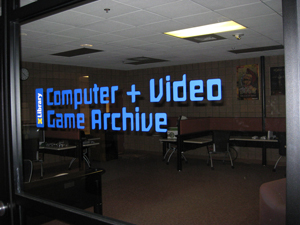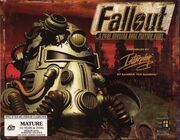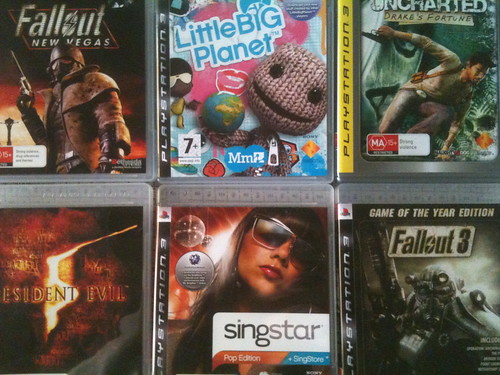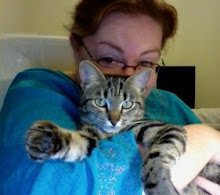 Lips Touch: Three Times
Lips Touch: Three Times by
Laini Taylor
My rating:
4 of 5 stars
Lips Touch: Three Times is a book of three short stories, elegantly written by Laini Taylor and divinely illustrated by Jim Di Bartolo.
Imaginative and beautifully surreal, it would appeal to anyone who remembers the flushes and fumbles of first love. Those who still have that dreamy and romantic teenager inside them - who knows fairies are playing among flowers and demons are lurking in shadows.
The first story,
Goblin Fruit, follows Kizzy, a modern teenager from an old-world family, still steeped in the superstitions of the past. Kizzy is unable to see her own unique beauty until a new boy comes to town.
Full of magic and whimsy - if
Goblin Fruit was real, it wouldn’t be fruit at all, but a sweet pastry, spiced with a heady blend of cinnamon and citrus - probably not good for you, but delightfully good to eat.
In
Spicy Little Curses Such as These, an old woman ventures into hell everyday to trade the souls of evildoers for the souls of children, but sometimes such trades involve a curse or two.
Enchanting and ethereal - this is one of the most original and compelling stories I have read in quite some time, and left me in awe of Taylor’s fantastical storytelling.
While
Hatchling is darker than
Goblin Fruit and
Spicy Little Curses, once again the scenes are beautifully set and the descriptive devices used by Taylor are second-to-none.
It follows Esmé who has lived with her mother in London her whole life, not knowing the dark secrets that fuel her mother’s nightmares. When a stranger with icy blue eyes arrives, both their lives are changed forever.
Taylor has a gift for writing with such exquisite beauty and dream-like description that she could make the meanest heart break with a few words scrawled on a page.
Lips Touch: Three Times is written the way all true fairy tales should be - it is both enchanting and strangely sinister, balanced between divine beauty and subtle horror.
I implore anyone with a heart to read this book, and also urge you to check out
Jim Di Bartolo’s website for a glimpse of the beautiful illustrations.
View all my reviews
















